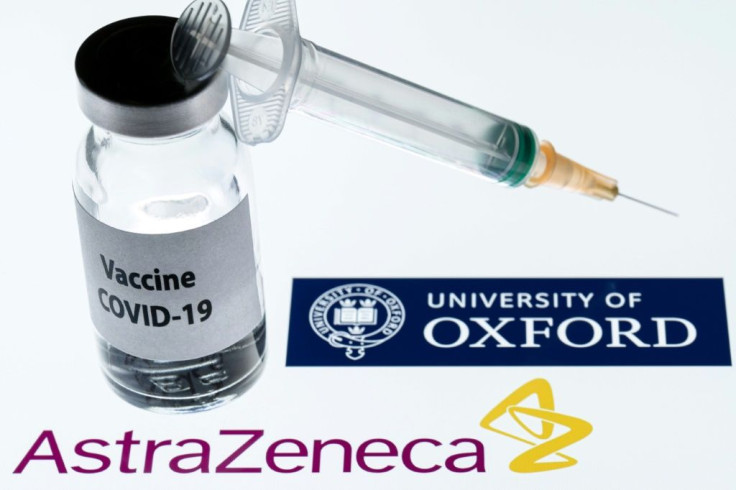Britain OK's AstraZeneca Vaccine To Fight COVID-19 Pandemic
KEY POINTS
- No. 10 Downing Street upbeat on domestically made vaccine
- AstraZeneca-Oxford is the second vaccine approved in U.K.
- New British cases of COVID-19 are skyrocketing
Britain has signed off on a homegrown COVID-19 vaccine that's easier to store and cheaper, adding a second drug to beat back an infection that is spreading like wildfire across the country.
Pharmacuetical giant AstraZeneca and the University of Oxford developed the two-dose shot, which is between 62% and 90% effective; the Pfizer-BioNTech vaccine, the other drug approved by British regulators, has a 95% efficacy rate.
Despite being less effective, though, the AstraZeneca-Oxford has what Britain sees as distinctive advantages over Pfizer-BioNTech's version.
The AstraZeneca version is manufactured domestically and can be kept in a regular freezer. Pfizer-BioNTech's vaccine is shipped from Belgium -- 500 miles from the United Kingdom and must be stores at minus 100 degrees.
British Prime Minister Boris Johnson declared the new vaccine a “triumph,” the BBC reported.
"We will now move to vaccinate as many people as quickly as possible," he told the news outlet.
The breakthrough comes as new cases -- many from a new variant -- are skyrocketing. On Tuesday, the U.K. added 53,135 cases, bringing the seven-day average infection rate up to 23%.
Britain aims to inoculate about 2 million residents a week now that both the Pfizer-BioNTech and AstraZeneca-Oxford vaccines are approved.
Supplies are plentiful, according to Dr. Richard Vautrey, chief of the British Medical Association.
"2021 can be a year of hope and recovery because we can see our way out of the pandemic," he told the BBC.
To date, more than 600,000 Brits have been vaccinated against COVID-19 since Margaret Keenan became the first person ever to get inoculated outside clinical trials on Dec. 8.

© Copyright IBTimes 2024. All rights reserved.





















